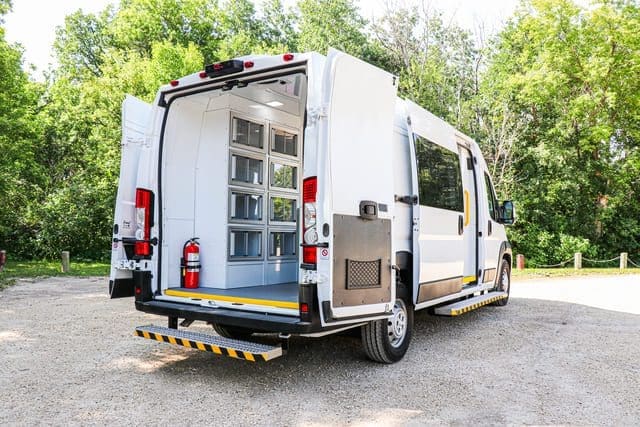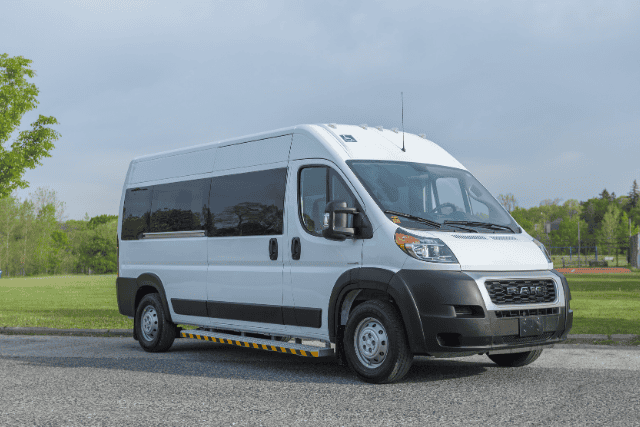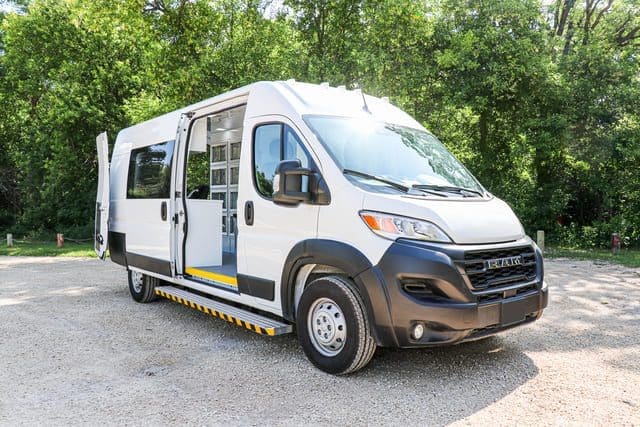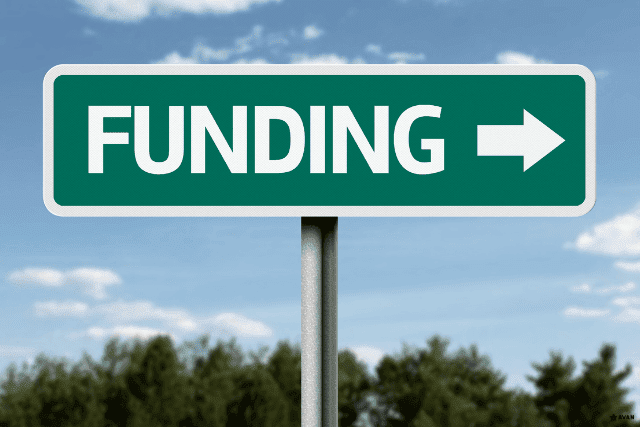Maybe you run a community health program and see firsthand how hard it is for people to get medical care. Maybe you’re part of a nonprofit helping those struggling with addiction. No matter your mission, getting care to the people who need it most isn’t easy.
Florida has big gaps in healthcare access. Over 2.5 million people under 65 don’t have insurance, and rural areas lack doctors and clinics. In places like Miami-Dade and Broward counties, uninsured rates are even higher. For many, the nearest doctor is too far, too expensive, or both.
Without a mobile clinic in Florida, people face:
- Long trips to see a doctor—if they can get there at all
- ER visits for basic care—leading to crowded hospitals
- Worsening health—because checkups and treatments aren’t accessible
A mobile medical clinic is a doctor’s office on wheels that brings care straight to the people who need it—farmworkers, hurricane victims, uninsured families, and more.
At AVAN Mobility, we’ve spent over 10 years building custom mobile medical units that help organizations like yours break down barriers to care. We’ve worked with hospitals, nonprofits, and public health teams across the U.S.
We know we’re not the only manufacturer out there. Our goal? To give you the information you need to make the best decision for your organization.
In this article, you’ll learn five ways how you and other organizations can use a mobile clinic in Florida:
- Reaching rural communities
- Providing disaster relief
- Offering preventive screenings
- Supporting addiction and mental health treatment
- Delivering dental and vision care
How can you use your mobile clinic in Florida?
Let’s take a closer look at how your organization can make use of a mobile medical unit.
1. Reaching rural communities
Getting to a doctor isn’t easy for everyone in Florida. Over 2 million people live in rural areas spread across counties like Baker, Bradford, and Calhoun. Many of them don’t have a hospital or clinic nearby. Long drives, fewer doctors, and even hospital closures make healthcare a struggle.
Why do rural Floridians struggle with healthcare?
Too far to travel: Some people live miles away from the nearest clinic. Without a car or reliable transportation, getting care is nearly impossible.
Not enough doctors: Rural areas have fewer healthcare providers, which means longer wait times.
Hospital closures: Seven rural hospitals in Florida have shut down since 2005, leaving many without local care.
How can a mobile clinic solve the problem?
A Florida mobile medical unit brings care directly to people who need it most. Think of it as a doctor’s office on wheels. These mobile healthcare units travel to rural communities, making medical care convenient and accessible.
A mobile medical clinic in Florida can provide:
- Primary care: Check-ups, vaccinations, and treatments for common illnesses.
- Screenings: Testing for diabetes, high blood pressure, and other conditions.
- Health education: Helping people understand their health and prevent disease.
Instead of traveling hours for care, people get the help they need right where they are because your mobile clinic can bring it to them.
2. Providing disaster relief

Florida gets hit by more hurricanes than any other state. Since 1980, Florida has seen 32 major hurricanes and 32 severe storms. Floods and tornadoes also cause damage every year. When disasters strike, hospitals and clinics may shut down, leaving people without medical care when they need it most.
Why do disasters make healthcare hard to get?
Hospitals may close: Storms, power outages, and flooding can shut down healthcare facilities.
Roads may be blocked: Emergency vehicles struggle to get through debris or high water.
More people get sick or hurt: Injuries, infections, and stress-related health issues rise after disasters.
How can a mobile clinic in Florida help after a disaster?
A mobile health clinic can bring doctors, nurses, and medical supplies straight to the people who need them. Instead of waiting for hospitals to reopen, a clinic can be set up in hard-hit areas immediately.
After a disaster, a Florida mobile medical unit can:
- Provide first aid: Treat cuts, broken bones, and burns.
- Give medications: Help people who lost access to their prescriptions.
- Prevent disease: Give vaccines and check for infections.
- Offer mental health support: Help people deal with stress and trauma.
Mobile healthcare keeps people safe and healthy when traditional clinics can’t open. For many, these clinics on wheels are a lifeline after a disaster.
3. Offering preventive screenings
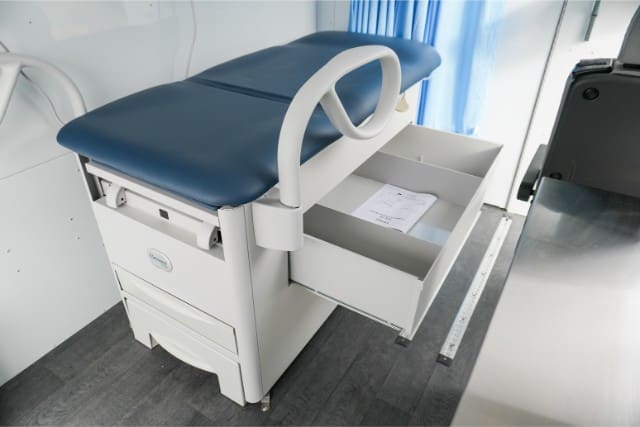
Many people in Florida don’t get regular health check-ups. Without screenings, diseases like diabetes, high blood pressure, and cancer can go undetected. In 2023, about 10.5% of Florida adults smoked, increasing their risk for lung disease. Around 12% had diabetes, and many didn’t even know it. Catching these conditions early can save lives.
Why do preventive screenings matter?
Early intervention: Health problems don’t always show symptoms at first. Screenings can catch issues like high blood pressure or cancer before they get worse.
Costs: Medical bills add up fast. Treating a disease early is often much cheaper than waiting until it becomes serious.
Longevity: People feel better when they stay on top of their health. Preventive care helps people live longer, healthier lives.
How can a mobile clinic in Florida provide preventive healthcare?
A mobile medical clinic makes check-ups easy. Instead of waiting months for a doctor’s appointment or traveling miles to a clinic, people can get screened in their own communities.
Mobile clinics can provide:
- Blood pressure and cholesterol checks to prevent heart disease.
- Cancer screenings for breast, cervical, and skin cancer.
- Diabetes testing to help people manage their blood sugar early.
Your Florida mobile medical unit can remove the barriers that keep people from getting screened. Better access to healthcare means more lives saved.
4. Supporting addiction treatment
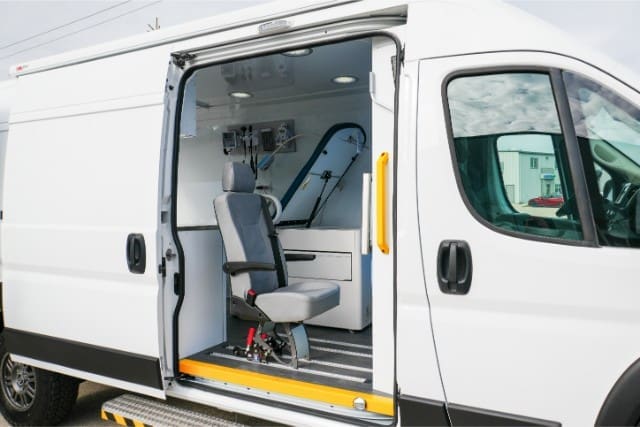
Florida faces a serious opioid problem. In 2022, opioids were involved in over 6,000 fatal overdoses in the state.
Many people who struggle with addiction can’t easily access treatment centers. This makes it hard for them to get help.
What are the challenges in accessing addiction treatment?
Distance: Treatment centers might be far from where people facing drug addiction live.
Transportation: Not everyone has a way to get to these centers.
Stigma: Some feel embarrassed or afraid to seek help publicly.
How can you use a mobile clinic to help?
Your organization can bring addiction treatment directly to those in need with a mobile clinic.
Some of the services you can offer include:
- Medication-Assisted Treatment (MAT): Using medicines like methadone or Suboxone to help reduce cravings.
- Counseling: Providing support to address the reasons behind addiction.
- Health check-ups: Ensuring overall well-being during recovery.
When you bring your mobile clinic to various communities, you make it easier for people to start and continue their recovery journey. This approach helps prevent overdoses and supports healthier communities.
5. Delivering mobile dental care
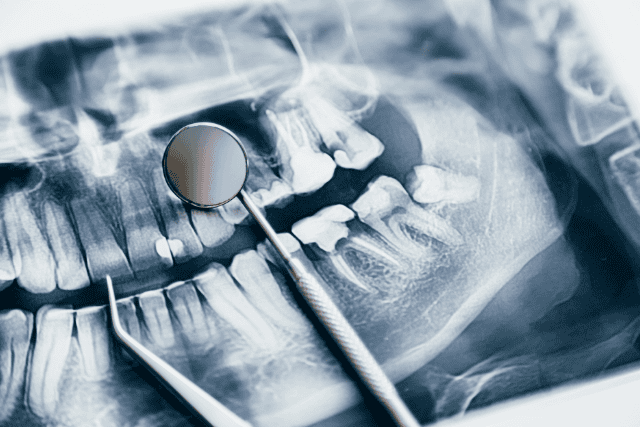
In Florida, many people struggle to see a dentist. Over 7 million residents live in areas without enough dental professionals. This means they often can’t get the dental care they need.
What are the challenges Floridians face in getting dental care?
Not enough dentists: Many counties in Florida have very few or no dentists at all.
High costs: Dental treatments can be expensive, making them hard to afford for many families.
Long wait times: Even when dentists are available, getting an appointment can take months.
How can a mobile dental clinic solve this gap?
A mobile dental clinic in Florida can bring dental care directly to communities facing barriers to it.
Some of the services your mobile dental clinic can offer are:
- Check-ups: Regular dental exams to catch problems early.
- Cleanings: Removing plaque to prevent cavities and gum disease.
- Fillings: Treating cavities before they become bigger issues.
Mobile dental care makes sure people can maintain healthy teeth and gums. It helps prevent serious dental problems later on and promotes overall health.
Want to learn more about mobile clinics?
Finding reliable healthcare in Florida shouldn’t be so hard. Many Floridians face challenges in accessing necessary healthcare due to distance, disasters, costs, and a shortage of providers. That’s why you came here—to find a solution. Now, you know how a mobile clinic in Florida can break down some of the biggest barriers and help people right where they are.
Here’s a recap of what you learned today:
- Rural communities can benefit from mobile clinics because hospitals and doctors are too far away.
- Mobile medical units can provide disaster relief efforts when hospitals shut down.
- Preventive screenings help catch diseases early and save lives.
- Medication-assisted treatment supports people recovering from addiction.
- Dental care is easier to access when a mobile clinic brings it to the community.
For over a decade, our innovative team at AVAN Mobility has built custom mobile medical clinics that change lives. From public health teams to nonprofits and addiction recovery programs, we’ve helped organizations like yours and CalOptima across the U.S. bring healthcare where it’s needed. Every mobile medical unit we design is tailored to serve the real-world needs of your community.
Healthcare should be accessible to everyone. That’s why we do what we do—because every mile driven, every patient served, and every life changed matters. If you have questions, click the button below to talk to a mobility expert.
Not ready yet? We have a few other resources you should check out to learn more, starting with the video below on some pitfalls you should avoid when purchasing a mobile clinic.
After that, read our in-depth series on mobile clinics, starting with part one!
